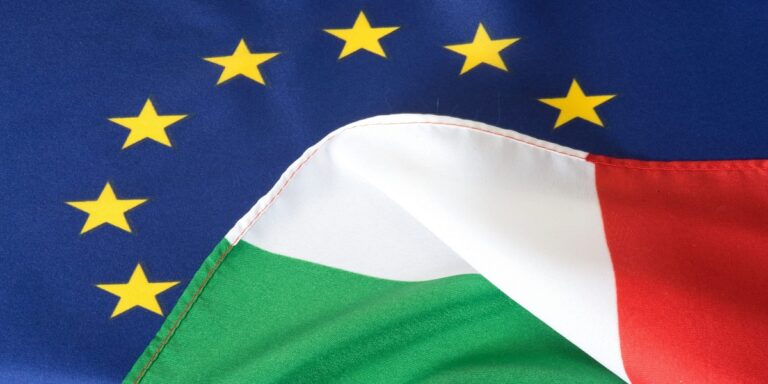On August 15, RTL reported that Belgium’s recent implementation of an excise tax on e-cigarettes, which officially took effect on July 1, has caused significant price increases, leading to a surge in cross-border purchases by consumers. This tax policy has had far-reaching consequences, affecting both the local e-cigarette market and the broader Belgian economy.
Tax Implementation and Price Increases
Belgium began levying an excise tax on e-liquids on January 1, 2024, but the impact on market prices only became apparent on July 1, following a six-month transition period. The introduction of this tax has led to sharp increases in the prices of e-cigarettes and e-liquids:
- 10ml E-Liquid: Price increased from 5 euros to 6.50 euros.
- 50ml E-Liquid: Price surged from 17 euros to 24.50 euros.
These significant price hikes have sparked widespread dissatisfaction among Belgian e-cigarette users, many of whom are now seeking alternatives to cope with the increased costs.
Surge in Cross-Border Purchases
Consumer Response to Price Hikes
In response to rising costs, a growing number of Belgian consumers are traveling to neighboring France to purchase e-liquids, where similar excise taxes have not yet been imposed. This trend is particularly noticeable in border regions, where cross-border shopping has become increasingly common.
Retailer Impact and Business Relocation
The excise tax has not only affected consumers but also posed substantial challenges for e-cigarette retailers in Belgium. Some shops have been forced to close due to the high tax burden, while others have relocated to areas near the French border to continue their operations without the added financial strain.
RTL interviewed Mélanie Robin, a former Belgian e-cigarette retailer who was compelled to close her shop in Belgium and relocate to the Givet region in France. Robin reported that most of her customers are now Belgians who cross the border to save money on e-liquids, highlighting the growing trend of cross-border purchases.
Economic and Market Implications
Growth of the French Border Market
As Belgian consumers increasingly turn to France for their e-cigarette purchases, the market in the French border regions is experiencing rapid growth. This shift in consumer behavior is driving up sales in these areas, benefiting French retailers while potentially undermining the Belgian market.
Contraction of the Belgian E-Cigarette Market
The Belgian e-cigarette market, on the other hand, faces the risk of contraction. The combination of higher prices and the exodus of consumers and businesses to France is putting pressure on local retailers, leading to a decline in sales and, in some cases, business closures.
Concerns Among Industry Insiders
Industry insiders are concerned that Belgium’s excise tax policy may have unintended negative consequences for the country’s economy. The loss of businesses and consumers to France could reduce tax revenue for Belgium and weaken the local market, potentially leading to broader economic challenges.
Belgium’s implementation of an excise tax on e-cigarettes has led to significant price increases, prompting many consumers to seek more affordable options in neighboring France. This trend has resulted in a surge in cross-border purchases, a contraction of the Belgian market, and concerns about the long-term economic impact of the tax policy. As the situation develops, both the Belgian government and the e-cigarette industry will need to closely monitor the effects of this tax on the market and consider potential adjustments to mitigate its negative consequences.
FAQs
What is the new excise tax on e-cigarettes in Belgium?
Belgium implemented an excise tax on e-liquids, which took full effect on July 1, 2024, leading to significant price increases for e-cigarette products.
How much have e-cigarette prices increased in Belgium due to the tax?
The price of a 10ml e-liquid has increased from 5 euros to 6.50 euros, and a 50ml bottle has risen from 17 euros to 24.50 euros.
What is the consumer response to the price increases?
Many Belgian consumers are traveling to France to purchase e-liquids, where similar excise taxes have not been imposed, leading to a surge in cross-border purchases.
How has the excise tax affected Belgian e-cigarette retailers?
The tax has forced some retailers to close their shops, while others have relocated to areas near the French border to avoid the high tax burden.
What are the economic implications of the excise tax on Belgium?
The tax has led to a contraction of the Belgian e-cigarette market and concerns that the loss of businesses and consumers to France could have negative consequences for the Belgian economy.


















